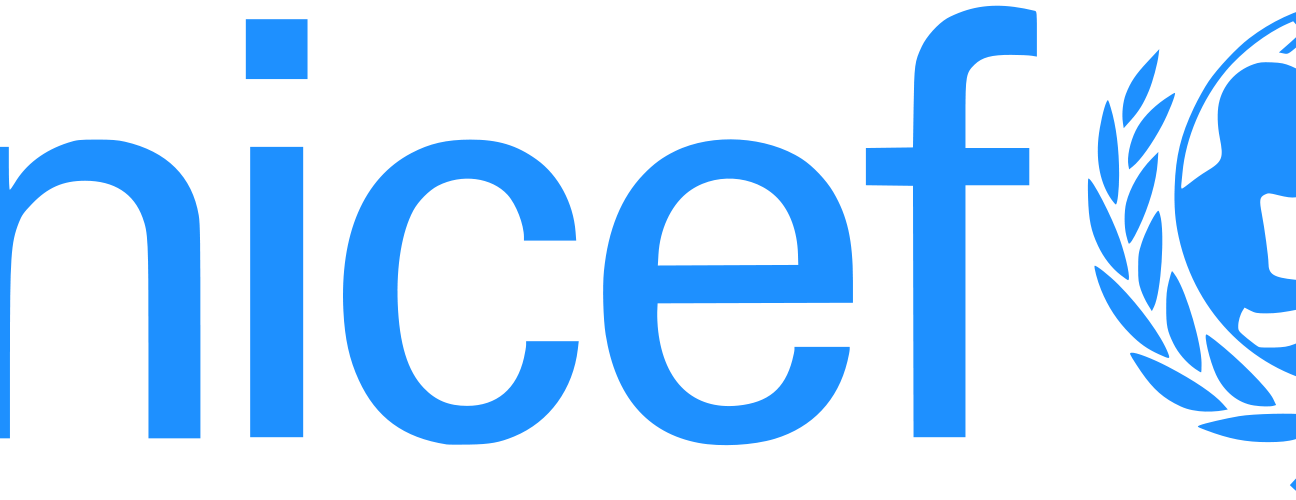In a significant step towards enhancing access to safe water in disaster-affected communities, the United Nations Children’s Fund (UNICEF) has officially handed over six solar-powered boreholes to the Borno State Government. The water facilities, located across Maiduguri Metropolitan Council and Jere Local Government Area, are expected to provide clean water to an estimated 12,000 residents who have been grappling with the aftermath of severe flooding in the region.
Speaking during the handover ceremony held in Maiduguri on Thursday, UNICEF Deputy Representative in Nigeria, Dr. Rownak Khan, disclosed that the intervention was designed as an emergency response to the devastating floods that struck earlier in 2024. The disaster, she said, affected around 70 percent of Maiduguri and its surrounding areas, leaving vulnerable groups such as children, women, and the elderly in dire conditions.
Dr. Khan explained that the floods had significantly disrupted access to clean water and basic sanitation services, particularly for families forced to seek shelter in overcrowded temporary camps. “This situation increased the risk of disease outbreaks such as cholera and other waterborne infections, placing already at-risk populations in further danger,” she stated.
According to her, the intervention was executed in partnership with the Borno State Rural Water Supply and Sanitation Agency (RUWASSA), with funding support from IHS Towers. She emphasized that the collaborative project was not only about providing emergency relief, but also ensuring a long-term solution to water challenges in affected areas.
The six high-capacity boreholes were strategically installed in communities identified as high-need zones: Fori, Bulabulin, Shehuri North, Kusheri, Shetimari New GRA, and Goungolong. Each of the solar-powered systems is designed to produce up to 22,000 litres of potable water per day, delivering clean water to schools, health centres, and households that are rebuilding after being displaced by the floods.
“This initiative is more than just providing water. It is about restoring dignity, promoting health, and giving people a chance to rebuild their lives with a basic human necessity, safe drinking water,” Dr. Khan noted. She also highlighted the role of solar energy in ensuring sustainable water access, especially in remote areas where electricity supply is unreliable or non-existent.
She further expressed appreciation to the Borno State Government, local community leaders, and private sector partner IHS Towers for their commitment and collaboration throughout the planning and execution phases of the project. Their contributions, she added, were instrumental in ensuring that the boreholes were completed and operational in time to serve the affected populations.
The handover of the boreholes marks another milestone in UNICEF’s ongoing efforts to support internally displaced persons and disaster-affected communities in the North-East, where years of conflict and environmental challenges have compounded humanitarian needs. The agency reiterated its commitment to working with relevant authorities and partners to promote health, sanitation, and resilience-building in Nigeria’s most vulnerable regions.
